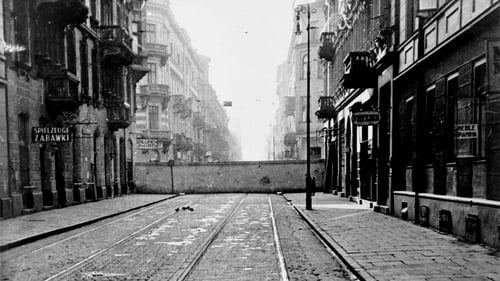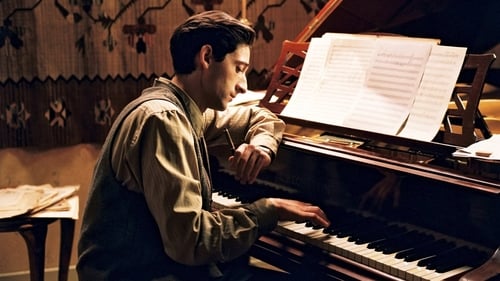
Self - Quote Reader (voice)
La historia del gueto de Varsovia (1940-43) vista desde ambos lados del muro, su legado y su recuerdo: nueva luz sobre una época trágica de división, destrucción y asesinatos en masa gracias al testimonio de supervivientes y el descubrimiento de una película de diez minutos filmada por el cineasta amateur polaco Alfons Ziółkowski en 1941.

Zbyszek Pelikan
Nina's Journey is a feature film, but with an authentic narrator. We follow Nina and her family during six dramatic years, half of them spent in the Warsaw ghetto. The film tells the story of a young girl coming of age under extreme circumstances: Nina falls in love, goes to parties, and graduates high school - all in the Warsaw ghetto. One could say that, in these horrid times, she is almost living the life of a normal teenager. If it wasn't for the fact that all those around her are vanishing, one by one. Nina's Journey is shot in Warsaw, with Polish actors. But it is narrated by the elderly Nina Einhorn herself.

Other part
Varsovia, 1939. El pianista polaco de origen judío Wladyslaw Szpilman (Adrien Brody) interpreta un tema de Chopin en la radio nacional de Polonia mientras la aviación alemana bombardea la capital. El régimen nazi ha invadido el país, y como hace en otros países invadidos, lleva a cabo la misma política con respecto a los judíos. Así Szpilman y toda su familia -sus padres, su hermano y sus dos hermanas- se ven obligados a dejar su casa y todo lo que les pertenece para trasladarse con miles de personas de origen judío al ghetto de Varsovia. Mientras Wladyslaw trabaja como pianista en un restaurante propiedad de un judío que colabora con los nazis, su hermano Henryk (Ed Stoppard) prefiere luchar contra los nazis. Pero tres años más tarde, los habitantes del ghetto son trasladados en trenes hacia campos de concentración.

Official
Difficulty of human relations in a 3-cornered tale: a neurotic woman, idealistic young man and his mother. Tomek is a clean-cut, high-minded geography student. He lives with his mother Zofia, a sensitive, practicing Catholic, like her son. When he meets Julia, a depressed woman older than he, he first tries to comfort her, then invites her to stay with him and his mother. Tomek makes a trip to West Berlin to visit his well-off father. He refuses to take money from him and looks for work as a house painter. Julia ends up in a rest home for treatment, while Tomek is trying to make their relationship work.



